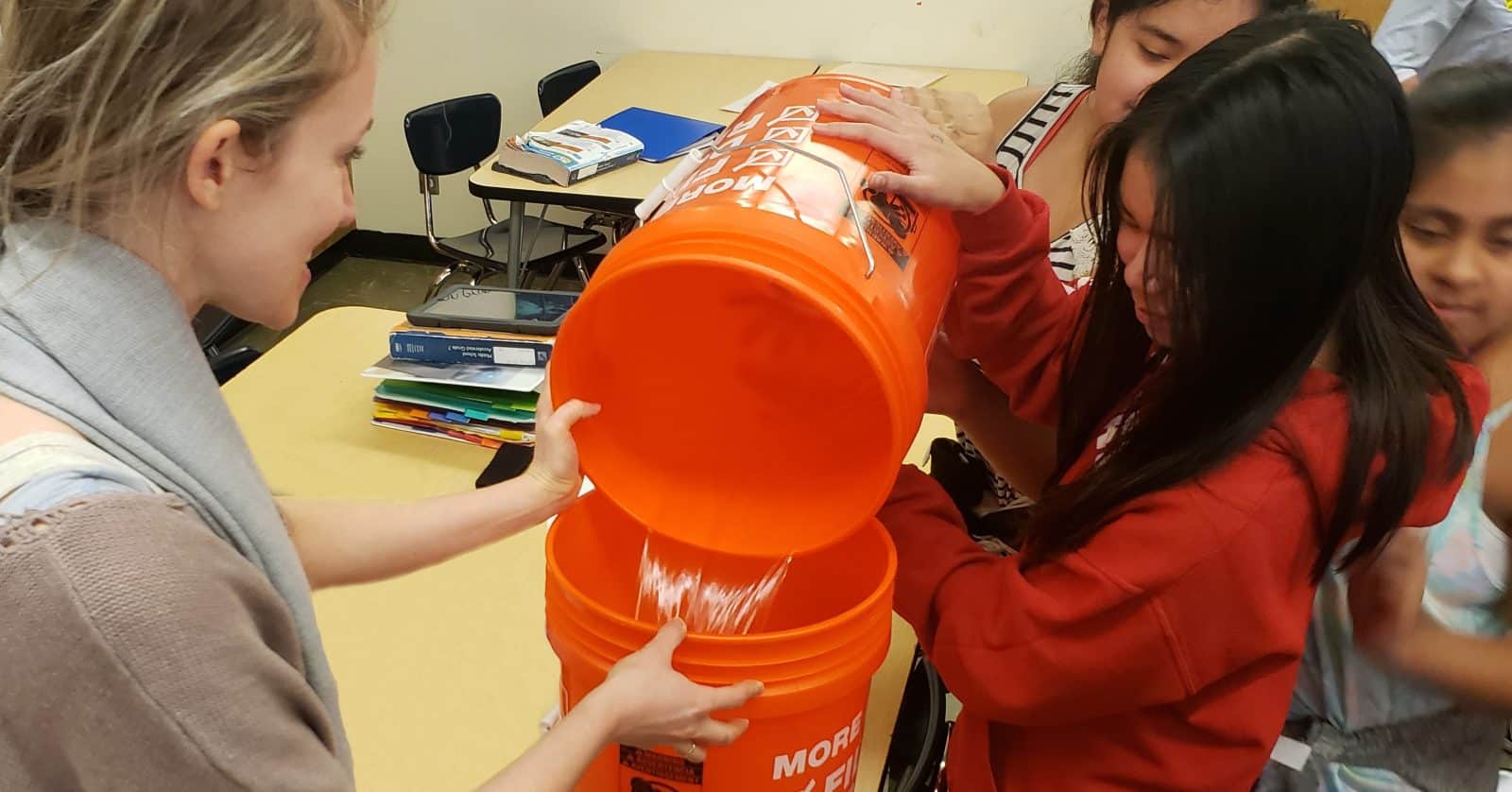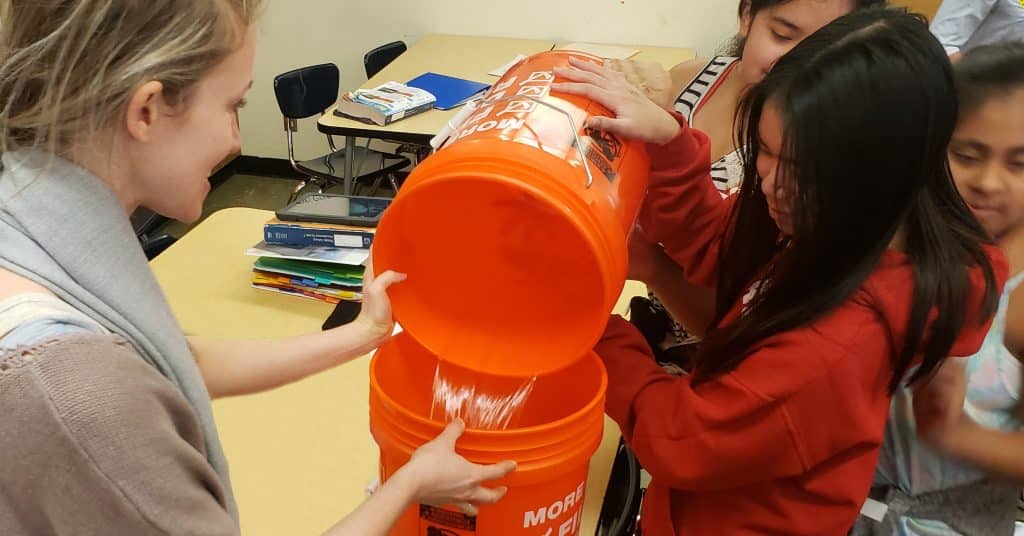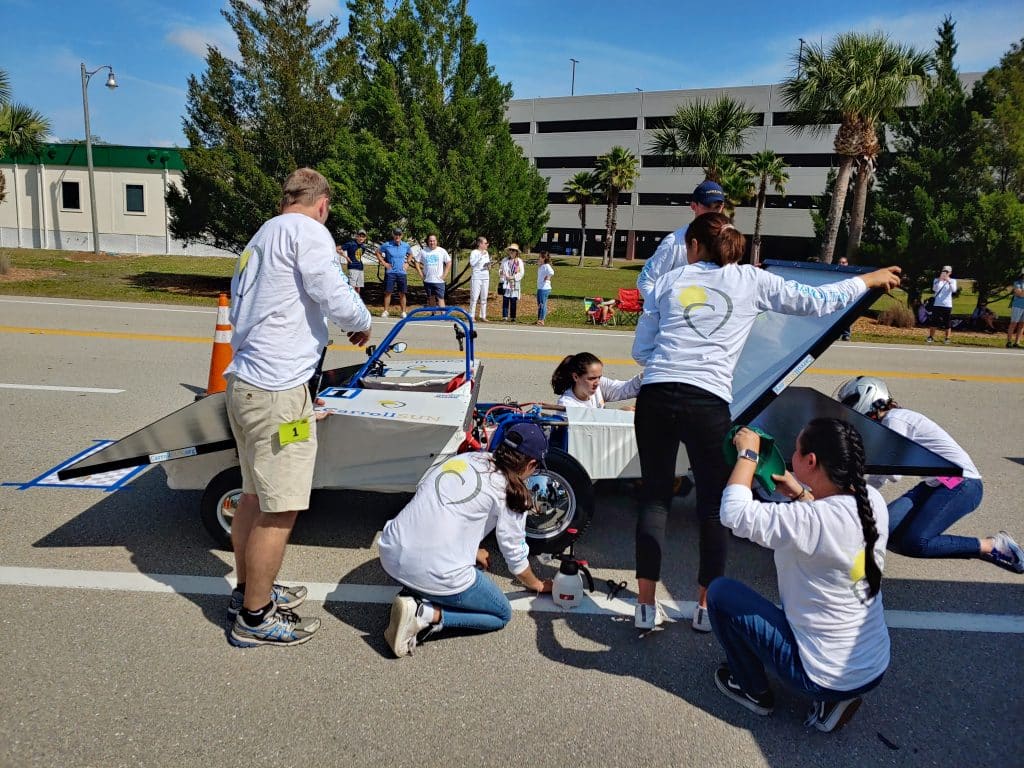
Outlook on STEM
For the past two decades, we’ve heard the message echoed over and over that the STEM-educated workforce is trailing behind the growing opportunities in STEM fields. This need is not slowing—occupations in STEM are expected to grow by 8.0% by the end of the decade, compared to 3.7% for occupations in other fields (via U.S. Bureau of Labor and Statistics).
As a water and transportation infrastructure consulting firm, we share the concerns recently underlined by the current administration and countless other organizations: we need more talented people to pursue STEM careers, and the biggest gap is the underrepresentation of certain populations in STEM fields.
Trends clearly show proportionally low representation of certain racial groups and women across STEM fields, and the numbers for our industry, engineering, reveal we have even further to catch up. For example, Black workers make up just 5% of the architecture and engineering only workforce, that’s compared to 9% in STEM fields overall and 11% of the total workforce. Similarly, despite making up 17% of the total workforce, Hispanic workers represented 9% of those in this same industry. And while women make up half of those working in STEM, they only make up 15% of the engineering workforce, just a slight increase from 12% reported in 1990—still the lowest representation across all major STEM fields (via Pew Research Center).
“It’s not just about numbers,” stated Brent Robinson, a business development lead at Consor. “Yes, more people in underrepresented groups pursuing engineering would help the industry build the capacity to deliver on the increasing demand for much-needed infrastructure in our communities. But, we also want people who bring historically undervalued or missing perspectives to the table. This will help us avoid repeating the mistakes of the past and support us all to innovate and better meet the needs of the diverse and changing communities we serve.”
Industry professionals on both the public agency and consultant side are looking to bring on teammates from underrepresented groups. So, the gap remains getting young people interested in STEM and providing learning opportunities that make pathways into these fields possible.
Where can we start as a consulting firm? First, do our part to both inspire the next generation early. And then when they express an interest, follow up with encouragement and opportunities.
Though it seems simple, 60% of students express interest in pursuing STEM careers, yet only 39% feel encouraged to do so. That number is even lower for women, with only 34% feeling encouraged to pursue STEM (via Emerson). One way to counteract this trend is increasing STEM mentors and role models.
“I volunteer for Society of Women Engineers, Houston Area Section’s annual Introduce a Girl to Engineering,” stated Karina Filipovich, a Consor roadway engineer. “At these events, upwards of 175 girls get to try things like pipeline activities that demonstrate the power of gravity in aqueducts. Sometimes the girls struggle with an activity, but I’m always there to push them and to show them that it’s possible. I’ve been there. I wish I had someone like me during those moments, so I try to be that role model for others.”
Considering only around 20% of high school students are prepared for college-level STEM coursework, we can help create pathways to careers in STEM providing learning and professional growth opportunities outside of the classroom.
“If you care about what we do as engineers, then it’s important to foster outreach, to make those connections with students who will ultimately lead our industry,” said Dustin Chisum, a Consor water engineering expert and Founding President and current Executive Director of Engineering for the Architecture/Construction/Engineering (ACE) Mentor Program of Southwest Florida, a program that introduces high school students to careers in the industry.
Consor’s internship program also focuses on providing mentorship-focused, hands-on opportunities for many college students each year, with the goal of hiring as many as possible into full-time, permanent positions.
The best part? If done right, these programs will not only fill the STEM pipeline and create a pathway to success for diverse talent at firms like Consor but will establish dynamic connections with the communities we serve, making us more effective public infrastructure consultants.

